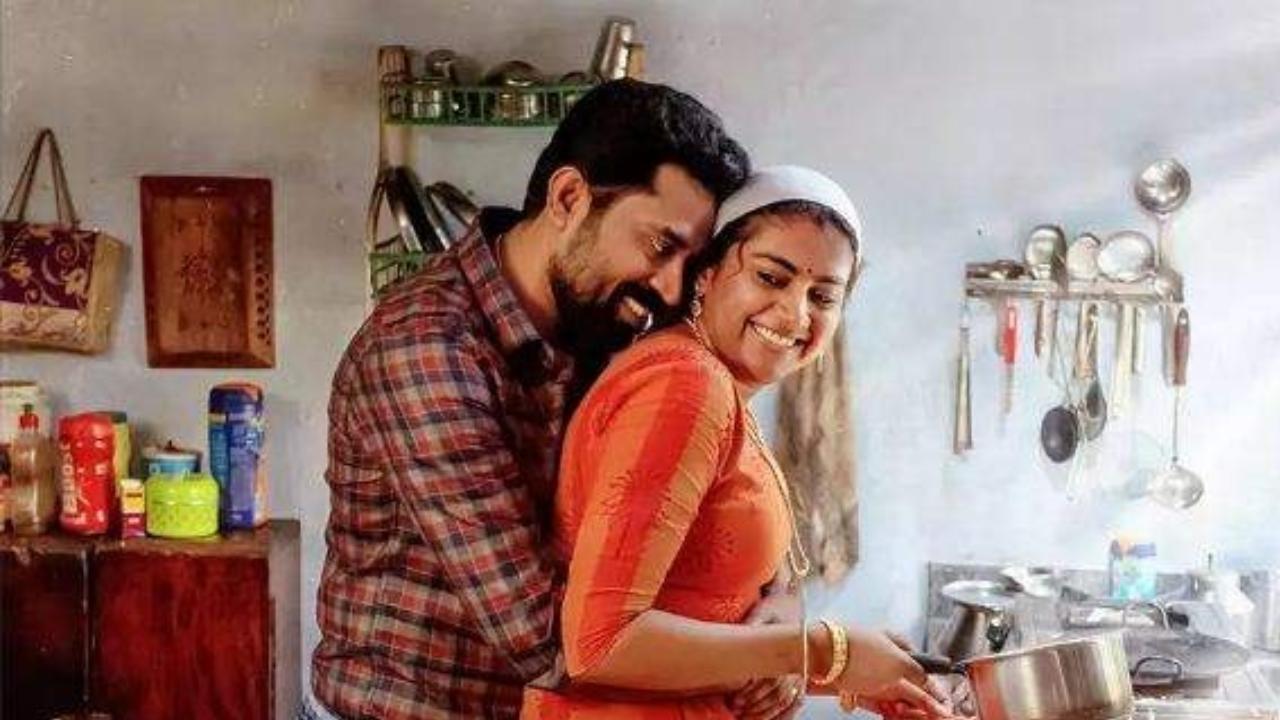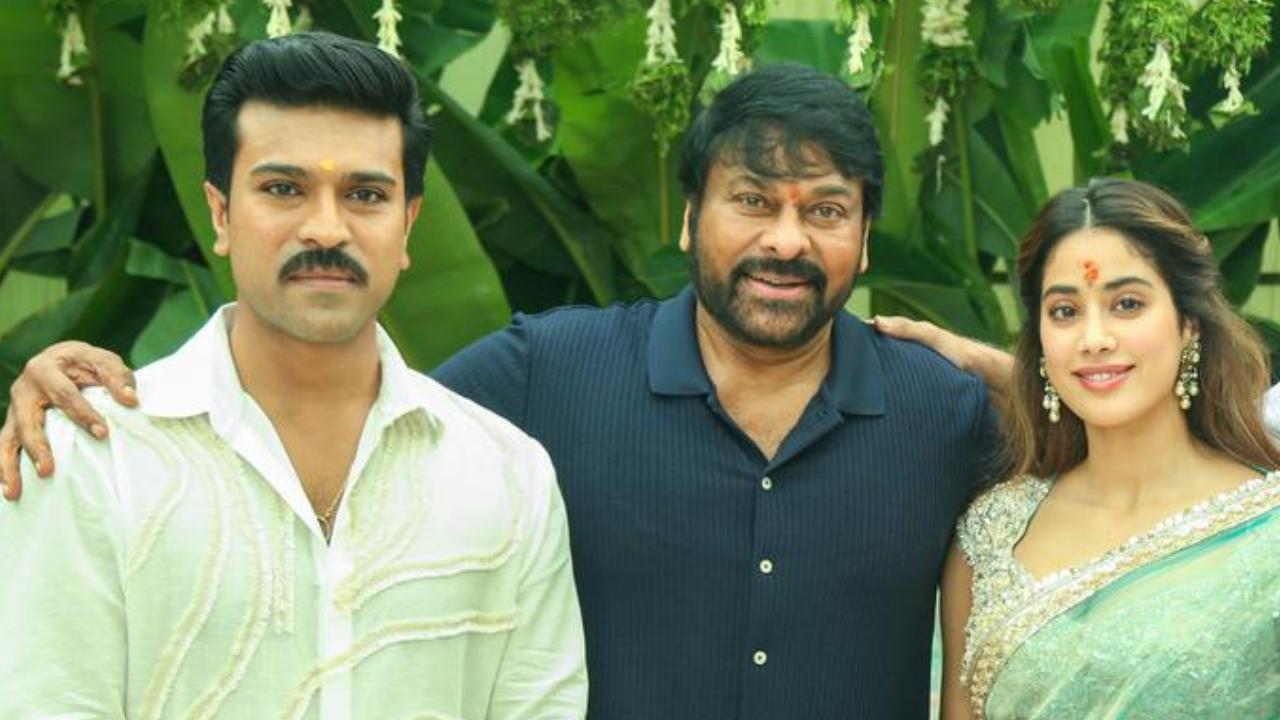EXCLUSIVE: South Films New Wave – Real Stories Exposing Social Truths
Updated on: 27 April, 2025 06:16 PM IST |Sneha Sunojkumar

South Indian films that dare to question and provoke
The landscape of South Indian cinema is undergoing a profound transformation, moving beyond the traditional formula of high-octane action and larger-than-life heroes. A compelling new wave of filmmaking has emerged, drawing inspiration from real-life incidents to illuminate critical social issues and ignite crucial nationwide dialogues. From the deeply entrenched realities of caste discrimination to the persistent fight for gender equality, filmmakers are now wielding their artistic expression as a mirror reflecting society`s complexities, seamlessly blending engaging entertainment with impactful, often uncomfortable, truths.
Challenging Preconceptions: Films Forging a New Narrative
Recent cinematic offerings have unequivocally demonstrated that audiences possess a growing appetite for narratives that resonate with deeper meaning. Vetrimaaran`s "Viduthalai 2" (Tamil) continues its unflinching portrayal of police brutality and the insidious nature of systemic oppression, rooted in ed accounts of tribal conflicts. Simultaneously, "Kantara 2" (Kannada) is generating considerable buzz with its rumored exploration of the tensions between modern progress and the preservation of indigenous traditions, drawing inspiration from actual struggles for land rights in coastal Karnataka.
Malayalam cinema contributes to this movement with "The Great Indian Kitchen", which revisits the often-unseen battles fought by women within the confines of patriarchal households. In Tollywood, "Mariyam" (Telugu) bravely tackles the horrific reality of honor killings, based on deeply disturbing true events that have occurred in Telangana. These films are not merely garnering critical acclaim; they are compelling society to confront deeply ingrained, often uncomfortable, realities.
The Audience Response: Where Art Fuels Activism
The remarkable aspect of this trend lies in the profound resonance these films are achieving beyond the confines of the cinema screen. Following the release of "Jai Bhim" (Tamil), which starkly exposes the brutal realities of caste-based discrimination, Dalit rights organizations reported a significant increase in participation in legal awareness campaigns. Similarly, "Article 370" (Malayalam), inspired by real-life student demonstrations, has reignited vital conversations surrounding academic freedom and the potential for state repression.
"There was a time when people primarily sought escapism in movies, but now there`s a palpable desire for stories that authentically reflect their own struggles and the issues they see around them," observes prominent film critic Priya Menon. "Directors are demonstrating a newfound courage to venture beyond conventional narratives, and audiences are actively rewarding this boldness."
The Price of Speaking Truth: Navigating Controversy and Opposition
However, this significant shift has not been without its challenges. Several films have encountered considerable political pressure, faced battles with censorship authorities, and even been met with public protests. "Poramboku" (Tamil), a film centered on environmental activism and inspired by the real-life Sterlite protests, faced significant initial delays due to legal obstacles. Meanwhile, "Uppena 2" (Telugu), which delves into the complexities of inter-caste love stories, has drawn the ire of conservative factions within society.
Despite these considerable hurdles, filmmakers remain resolute in their commitment to this form of storytelling. "If cinema doesn`t serve as a platform to question injustice, then what will?" passionately asks director Sudha Kongara, whose highly anticipated upcoming project, "Salaar: The Protest", is reportedly based on the very real and pressing issue of farmer agitations.
The Horizon: Cinema as a Catalyst for Change
With the increasing reach and influence of streaming platforms amplifying these powerful narratives to a global audience, South Indian cinema is evolving into a potent instrument for social transformation. Upcoming projects such as "Kashmir Files: The Untold" (Malayalam) and "Naxal" (Telugu) signal a continued commitment to this impactful form of storytelling, firmly establishing that the silver screen can serve as both a source of compelling entertainment and a catalyst for meaningful social evolution.
As audiences increasingly prioritize substance and relevance over mere spectacle, one undeniable truth emerges: the era of socially conscious storytelling in South Indian cinema is firmly established and poised for continued growth. If current trends serve as any indication, this transformative journey is only just beginning.
ADVERTISEMENT
Do you think the T20 tournament should be suspended amid India-Pak tensions?
ADVERTISEMENT











